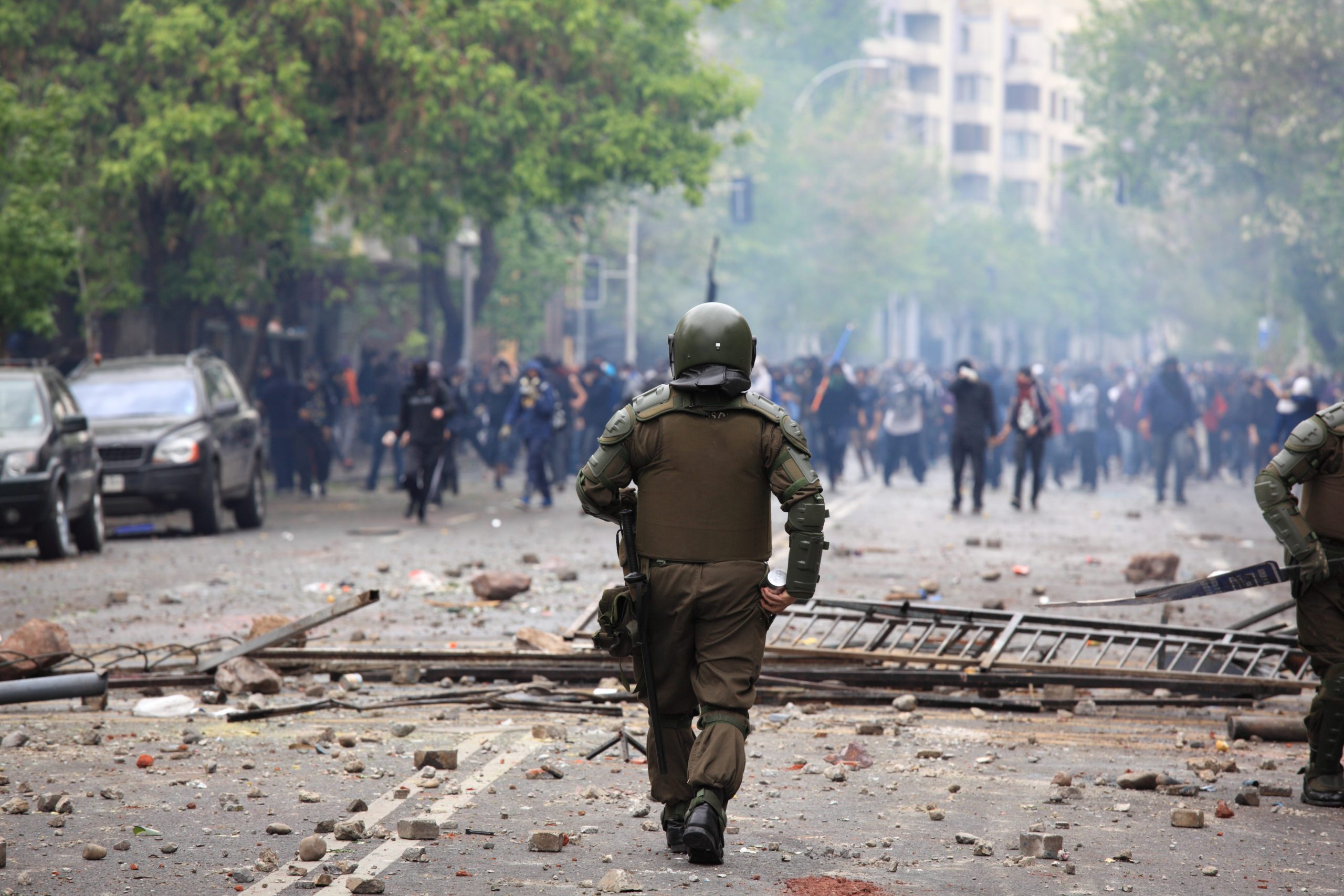(IHS Markit) Latin American countries are gradually beginning to reopen after 18 months of coronavirus disease 2019 (COVID-19)-virus-related restrictions. Although the region is set to grow in 2021, long-run political and economic-related grievances have been exacerbated by the pandemic. Here are a few factors to watch in the coming months.
Corruption: Increasing corruption-related scandals leading to road blockades and business interruption, particularly in Guatemala, Honduras, and Nicaragua.
Tax increases: To replace pandemic-related revenue shortfalls, if they affect the population, such as the proposed VAT rises in Colombia and Costa Rica.
Crime: Increased incidents of crime, such as robbery and extortion, during the post-pandemic downturn, likely to trigger protests in countries such as Mexico and Haiti.
Prior consultation and natural resources: Local indigenous communities demanding prior consultation or opposing extractive projects or use of water resources in countries such as Argentina, Ecuador, and Peru.
Gender and equality issues: Unrest against gender violence in Mexico and Argentina and to demand equality in Chile.
Healthcare: Demands for access to the COVID-19 vaccine, as several governments are behind their vaccination targets, such as Argentina, Ecuador, and Peru.
Elections: Politically motivated protests in countries such as Brazil, Chile, Honduras, and Nicaragua in the run-up to elections, or over the political transition in Haiti and calls for free elections in Venezuela.
Economic policy: Unrest over spending cuts and privatization efforts in Brazil, Ecuador, and Uruguay and demands for COVID-19 financial assistance across the region. Changes to the state-controlled model in Cuba.
Job protection: Unrest against dismissals during the pandemic, demands for employment and higher salaries, including in Argentina, Ecuador, and Mexico
Police brutality: Against security forces seen as using excessive violence when containing protests or enforcing COVID-19-virus-related restrictions, including in Brazil, Chile, and Colombia.



